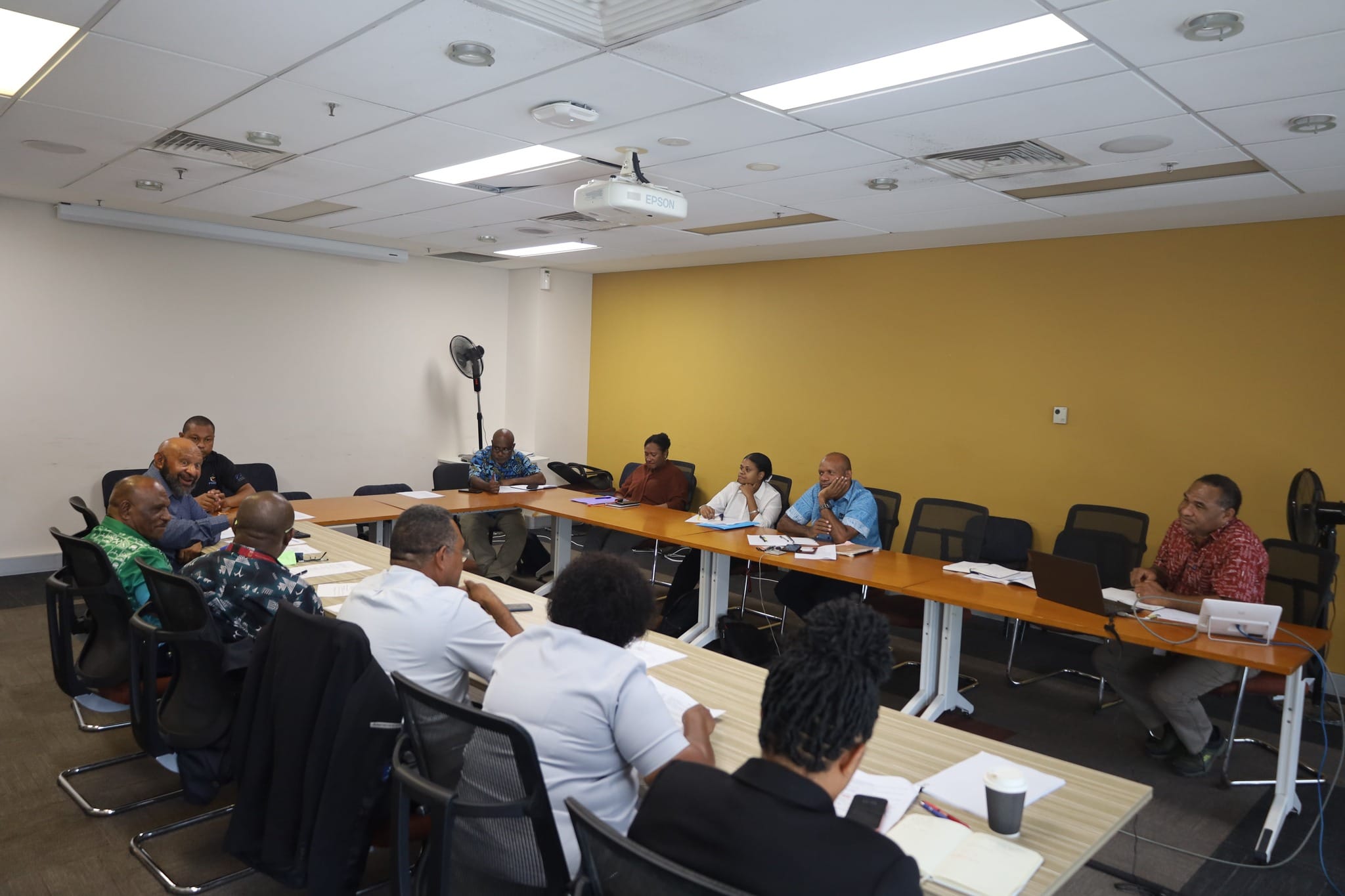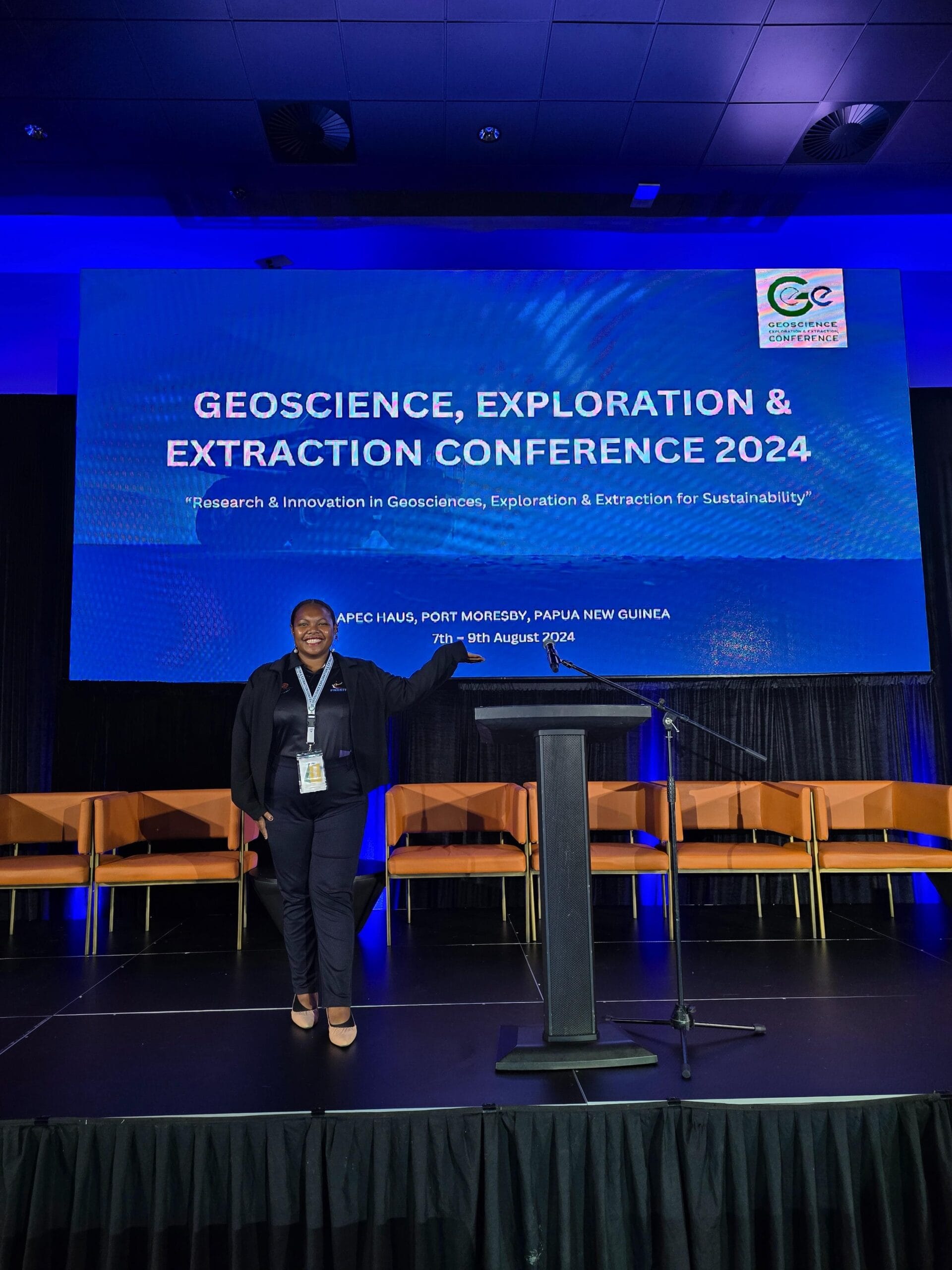improving extractives governance
PNGEITI Report Releases
The EITI holds all implementing countries to the same global standard. Through Validation, the EITI’s quality assurance mechanism, implementing countries are assessed on their ability to meet the provisions of the EITI Standard.

PNGEITI Strengthens Beneficial Ownership Transparency Through Technical Working Group Meeting
The Papua New Guinea Extractive Industries Transparency Initiative (PNGEITI) convened a Beneficial Ownership (BO) Technical Working Group meeting, bringing together key stakeholders to discuss strategies for enhancing BO transparency within the extractive sector. Representatives from the Bank of Papua New Guinea’s Financial Analysis and Supervision Unit (FASU), the Investment Promotion Authority (IPA), the Mineral Resource Authority (MRA) and Department of Petroleum participated in the discussions aimed at accelerating efforts towards full implementation of BO disclosure for the extractive industries sector in PNG. The meeting provided an opportunity to update stakeholders on the progress made so far in advancing BO transparency and to outline the next steps necessary to further strengthen governance and accountability in the extractive industry. Significant progress has been made in PNG’s efforts to enhance BO transparency, dating back to the initial scoping study in 2017. The study identified key challenges, including legal gaps, lack of awareness, and data collection difficulties. Key milestones achieved since then include: A critical issue raised during the meeting by FASU concerned the scope of BO disclosure under Anti-Money Laundering (AML) standards. While AML regulations mandate BO disclosure to competent authorities such as law enforcement agencies, PNGEITI’s Standard 2023 and Requirement 2.5 calls for public disclosure of BO information in the extractive industries sector. The discussion underscored the need for a clear boundary of public access to BO data while ensuring compliance with both national and international standards. Investment Promotion Authority (IPA) representative, Mr. Maru, highlighted that the Amended Companies Act 2022, specifically Section 72(a), mandates companies to provide Beneficial Ownership (BO) information and identify the beneficial owners of shares. He further noted that the IPA serves as the custodian of BO data. PNGEITI Director for Projects and Procurement, Mr. Diclah Taureka, emphasized the need for a standardized BO disclosure framework, stating, “To progress beneficial ownership disclosure in line with PNGEITI requirements, we are proposing the development of a contextualized BO disclosure reporting template, which will be refined in consultation with key stakeholders.” Supporting this, PNGEITI Director of Policy and Programs, George Kauli, reinforced that while PNG adheres to EITI Global Standards, implementation strategies must be tailored to the local context. He stated, “What is practiced in Papua New Guinea may differ from other EITI-implementing countries. The Companies Act 2022 provides the legal foundation for BO disclosure across all companies operating in PNG. For PNGEITI purposes, our focus for 2025 is to develop a contextualized BO disclosure template specifically focused on extractive industries.” To further advance Beneficial Ownership (BO) transparency, the Papua New Guinea Extractive Industries Transparency Initiative (PNGEITI) and key stakeholders have outlined priority actions for 2025. These initiatives include conducting comprehensive training sessions for government officials, companies, and other stakeholders on BO requirements, disclosure processes, and compliance measures. Additionally, PNGEITI will develop and distribute guidance documents to assist companies in fulfilling their BO disclosure obligations. A nationwide awareness campaign will also be launched, utilizing television, radio, print media, and social media platforms to educate the public on the importance of BO transparency. Furthermore, PNGEITI will host public forums and town hall meetings to facilitate open discussions among civil society, industry associations, and government agencies. Lastly, ongoing support will be provided to companies to strengthen their capacity in meeting BO requirements effectively. PNGEITI remains committed to fostering transparency, accountability, and good governance within the extractive sector. The outcomes of the BO Technical Working Group meeting reaffirm Papua New Guinea’s dedication to implementing global best practices in BO disclosure while ensuring alignment with local regulatory frameworks.

PNGEITI to Support PNG Resource Governance Coalition Inc.
On February 18th, the PNG Extractive Industries Transparency Initiative (PNGEITI) met with the PNG Resource Governance Coalition Inc. (PNGRGC), an umbrella organization established to coordinate civil society’s participation in PNG’s Extractive Industries Transparency Initiatives. During the meeting, PNGRGC requested PNGEITI’s support for its sub-national activities. In response, PNGEITI urged PNGRGC to present a detailed plan. Diclah Taureka, PNGEITI Director of Projects and Procurement, confirmed that PNGEITI would play a supporting role. He emphasized that since it is a PNGRGC program, PNGRGC must take the lead. “For PNGEITI to come onboard, we want to ensure that the publications and materials you produce align with EITI standards, contain accurate information, and are authentic,” said Director Taureka. He further urged PNGRGC to include a training component in its work plan. He highlighted the importance of PNGRGC having a thorough understanding of the extractive sector, its processes, and EITI standards to effectively educate the community. George Kauli, Director of Policy and Program, encouraged PNGRGC to identify key target groups and objectives for their outreach efforts. He noted that defining these elements is crucial for sub-national reporting and content development. Additionally, we acknowledge the World Bank’s funding for this project, which has facilitated the engagement of a consultant to develop PNGRGC EITI training materials.

MSG concludes year, 2024 with a meeting on Loloata Island Resort
The PNGEITI Multi-Stakeholder Group (MSG) held meeting five of 2024 at the Loloata Island resort, Central Province on Wednesday 18th December, 2024. Acting MSG Chair and Acting Deputy Secretary, John Uware chaired the meeting. The meeting brought together MSG members and PNGEITI National Secretariat to discuss issues of importance concerning the National Secretariat. The meeting began with the review of matters arising from meeting minutes of meeting four of 2024. National Secretariat staff provided an update on the following: There were discussions on a number of National Secretariat matters such as the; National Secretariate staff, Acting MSG Chair, Mr. John Uware and MSG members also took the opportunity to bid farewell to former executive director, Mr. Lucas Alkan. Mr. Alkan was instrumental in the formation of PNGEITI since 2013 until his resignation in 2024.

PNGEITI ATTENDS INVESTMENT CONFERENCE IN SYDNEY, AUSTRALIA
The PNGEITI National Secretariat from the 6th-11th December, 2024 participated in the PNGCORE Investment Conference and Exhibition in Sydney, Australia. The three day event provided PNGEITI with a vital platform to engage with global investors, government officials, and industry leaders in the resources and energy sectors. PNGEITI’s participation highlights the importance of transparency and accountability in Papua New Guinea’s extractive industries, showcasing how these principles foster sustainable investments, boost investor confidence, and benefit our nation’s economy. PNGEITI extends its sincere appreciation and a word of thank you to all who visited our exhibition booth S41. We hope you learnt insightful information at our booth.

MSG FOURTH QUARTER MEETING COMPLETED
The PNGEITI Multi-Stakeholder Group (MSG) held its fourth quarter meeting of 2024 at Gateway Hotel, Port Moresby on Friday, November 01st. Acting MSG Chair and Acting Deputy Secretary, John Uware chaired the meeting. The meeting brought together MSG members and PNGEITI National Secretariat to discuss issues of importance concerning the National Secretariat. The meeting began with the review of matters arising from meeting minutes of second quarter and special meeting number three, 2024. National Secretariat staff provided an update on the following: There were discussions on a number of National Secretariat matters such as the;

Addressing the Impacts of Sudden Mine Closures and Community Resilience in Papua New Guinea
A research Officer with the PNG Extractive Industries Transparency Initiative says lack of realistic policies and framework to address impacts of sudden mine shutdowns, affect businesses and communities among those whose lives depends entirely on the mine. Eileen Mosusu, in her presentation at the Geoscience, Exploration and Extraction Conference in Port Moresby shed light on a pressing issue faced by communities affected by sudden mine closures. Her research, which focuses on the ‘absence of realistic policies and frameworks to address the impacts of mine shutdowns’, offers both insights and recommendations for industry leaders and policymakers. Miss Mosusu identified two key areas of concern: The Need for Realistic Policies on Sudden Mine Closures Mosusu emphasized that Papua New Guinea (PNG) has experienced several sudden mine closures, notably the Panguna Mine on Bougainville in the Autonomous Region, the Porgera Mine in Enga Province, and the Hides Gas Project in Hela Province. These unexpected closure of operations leave impacted communities vulnerable, often triggering social unrest and economic collapse. “When mines close abruptly, the lack of a structured plan for the affected communities’ results in chaos. There is a breakdown in social and economic systems, which escalates tensions,” she said. Community Resilience and Adaptation in the Face of Adversity Despite the challenges, Mosusu highlighted the resilience of communities like those in Panguna, in Autonomous Bougainville. Thirty years after the mine closure and a subsequent civil war, Panguna’s communities have developed innovative survival strategies. “From artisanal mining to geo-tourism, these communities have found ways to thrive. They’ve turned to reusing and recycling materials and fostering a new market economy. This adaptability showcases their resilience,” Mosusu explained. Motivation for the Research Mosusu’s connection to Bougainville played a significant role in shaping her research. “Bougainville’s history is deeply intertwined with the extractive industries, and as my home island continues its journey toward independence, the lessons learned from the Panguna Mine closure remain critical. My background as an Environmental Scientist, specializing in heavy metal assessment, further motivated me to explore the impacts of artisanal mining on the environment and local communities,” Mosusu stated. Alignment with PNGEITI’s Goals Although her research began prior to joining PNGEITI, Mosusu highlighted how her findings align with the organization’s broader objectives of promoting transparency and accountability in the extractive sector. “Sudden mine closures often leave communities without critical support and economic stability, which underscores the need for better risk management strategies. PNGEITI’s mission to ensure extractive activities are managed in a way that minimizes negative outcomes for communities directly aligns with the discussions my research generates.” Mosusu pointed out that PNGEITI can play a key role in advocating for the inclusion of sudden mine closures in policy discussions, ensuring companies and governments are held accountable for their responsibilities toward affected communities. Shaping Future Policies Mosusu hopes her research will inspire conversations around creating frameworks that anticipate sudden mine shutdowns. She noted that while mining projects are required to present Mine Closure Plans, these often fail to address unexpected closures. “We must ask ourselves, what happens if a mine closes ahead of schedule? Do we let the community crumble, or do we implement policies that allow these communities to thrive sustainably, with or without the mine in operation?” Implications for Stakeholders Mosusu acknowledged the sensitivity of discussing the Panguna Mine, given its historical context and ongoing human rights complaints. However, she stressed the importance of considering the long-term impacts of mine closures on communities and the role artisanal mining plays in sustaining local economies. “Engaging in transparent and accountable practices is essential. Policies must reflect the realities on the ground, especially for artisanal miners, and include proper licensing and environmental protections.” Future Research and Recommendations Looking ahead, Mosusu plans to participate in the 6th Alluvial Mining Convention to further explore the discussions around the alluvial mining sector. She also called on PNGEITI to continue supporting research in the extractive industries by publishing comprehensive reports, partnering with academic institutions, and sponsoring case studies that showcase best practices in governance. Executive Director of PNGEITI, Lucas Alkan said the underlying objective of PNGEITI is to promote transparency and accountability in the extractive sector and that it mission to ensure extractive activities are managed in a way that minimizes negative outcomes for communities directly aligns with the discussions points raised by Miss Mosusu in her research paper. In saying this Mr. Alkan said “ on PNGEITI to continue supporting research in the extractive industries by publishing comprehensive reports, partnering with academic institutions, and sponsoring case studies that showcase best practices in governance”. In her concluding recommendations for policymakers and industry leaders, Mosusu urged stakeholders to engage in conversations about sudden mine closures and their impacts on local communities. “We need frameworks that sustain local economies with or without mine operations, ensuring that communities can continue to thrive after the mine is gone.”

